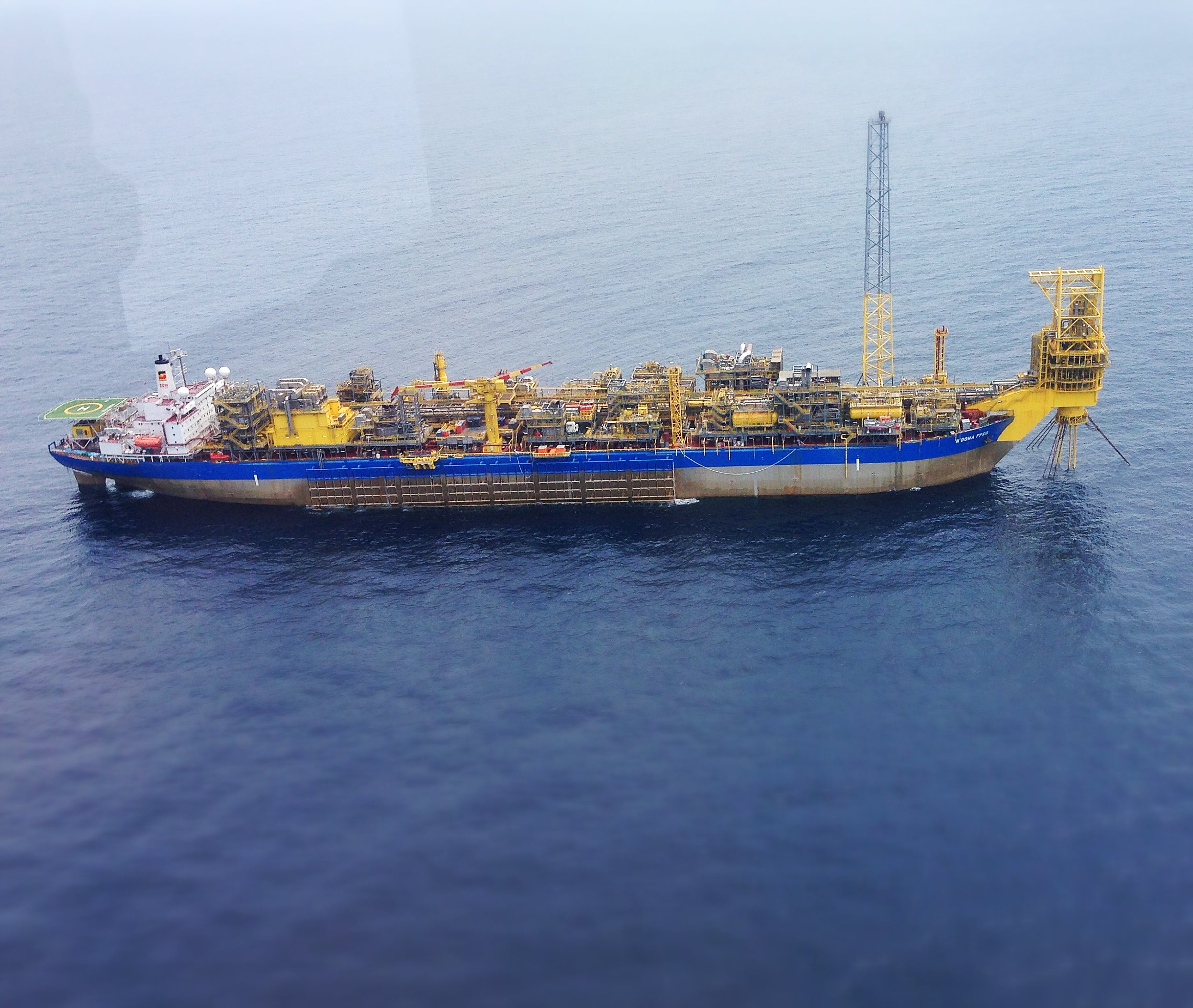Read more
Savannah Energy, operator of some of the most prolific oil blocks in Niger, is currently planning to construct and operate the country’s first wind farm in its Tahoua Region. The project was subject to the execution of an agreement yesterday between Savannah Energy and the Ministry of Petroleum, Energy and Renewable Energies of the Republic of Niger. The wind farm will be structured as an independent power producer (IPP) and is currently in feasibility study. It is expected to be sanctioned in 2023 for a potential commissioning in 2025. Initial plans include the installation of 60 wind turbines with a total power generation capacity of up to 250 MW. The project’s timeline notably seeks to align it with the development of the West African Power Pool (WAPP) that would facilitate the exchange of electricity between West African markets via a high voltage interconnection network. Niger is scheduled to be connected to the WAPP in 2023 via a 330 kV line financed by the World Bank, the African Development Bank (AfDB), the European Union and the Agence française de Développement (AfD). Subject to the planned feasibility study confirming the ultimate scale of the project, the Tarka wind farm could produce some 600 GWh a year. Its construction could also support 500 jobs, displace carbon emissions by 400,000 tonnes of CO2/year and help reduce the cost of electricity for Nigerien households and industries.
Unlocking Africa’s oil and gas potential is now imperative against the backdrop of the war in Ukraine and the resulting crude, diesel, and gas supply crunch. This has rendered European dependence on Russian energy untenable, creating a major opportunity for Africa to position itself as a crucial option to increase the supply to the global energy markets. However, significant challenges remain for the continent’s hydrocarbon producers to suddenly ramp up their production due to infrastructure, finance, and technology deficits. Countries with major LNG resources, such as Nigeria, Angola, Libya, and Algeria, suffer from limited and underdeveloped pipeline networks, refineries, jetties, terminals, and ports. Additionally, incentivizing foreign investment is often problematized by a host of risk factors, including political instability, local insecurity issues and financial institutions shifting investments from fossil fuels to renewables. Finally, securing the latest technology to facilitate local content development has proven cost prohibitive given the reliance on foreign intellectual property and the continual brain drain of key local human capital. All the above issues will be discussed at the 8th Africa Petroleum Congress and Exhibition (CAPE VIII) taking place from 16-19 May 2022 in Luanda, Angola. The congress is organized by the African Petroleum Producers Organization (APPO), the government of the Republic of Angola (for the first time), and AME Trade Ltd. The three-day event will be centered around the theme of “Energy Transition: Challenges and Opportunities in the African Oil and Gas Industry,” and assemble experts from the national, regional, and international energy and oil and gas industries to deliberate the challenges and opportunities of the energy transition and the future of the oil and gas industry in Africa. CAPE VIII will unfold against the recession of the global pandemic that exacerbated record production declines across African hydrocarbon producing countries from 2020 to 2021. The annus horribilis was compounded by under-investment in exploration activities, leaving several of the continent’s biggest energy players struggling to cope with the post-lockdown surge in demand for hydrocarbons. Fortunately, APPO’s ambition to establish the continent as an energy hub regained significant headwind with a stellar upstream development outlook for 2022 and beyond. The congress will be the ideal platform for Africa’s leading oil and gas producers to confront the foregoing challenges and engender solutions to maximize its oil and gas resources. Amid the drive by developed economies towards decarbonization and net-zero policies, attending energy stakeholders will have the opportunity to reinforce the case for regional integrated supply chains and pooling resources to leverage the catalytic power of hydrocarbons in a sustainable manner. Supported by countless multinationals across the energy value chain and national oil companies, CAPE VIII will feature illuminating insight from a range of illustrious keynote speakers, who will mold the future landscape of energy in Africa and beyond. Keynote speakers at the conference will include: H.E. Diamantino Pedro Azevedo, Minister of Mineral and Petroleum Resources of Angola, President of APPO H.E. Mahamane Sani Mahamadou Issoufou, Minister of Petroleum, Energy and Renewable Energy Republic of Niger H.E. Samson Gwede Mantashe, Minister of Mineral Resources and Energy, South Africa H.E. Dr Matthew Opoku Prempeh, Minister of Energy, Ghana, H.E. Thomas Camara, Minister of Mines, Petroleum and Energy, Ivory Coast Dr. Omar Farouk Ibrahim, Secretary General, African Petroleum Producers Association (APPO) Ms. Cany Jobe, Director of Exploration and Production , Gambia National Petroleum Corporation Mr. Edson R Dos Santosi, CEO, SOMOIL Dr. Ibrahim Mamane, Directeur Général, SONIDEP Mr. Osam Iyahen , Vice President, Oil & Gas, Africa Finance Corporation Mr. Bráulio de Brito, Chairman, Angola O&G Service Companies Association (AECIPA) Mr. Zakaria Dosso, Managing Director, AEICORP Mr. Matthieu Milandri, Head of Upstream Finance, Trafigura Mr. Yann Pierre Albert Livulibutt Yangari, Independent Consultant Mr. Dr. Babafemi Oyewole, the CEO of Energy Synergy Partners Tim Dixon, Director and General Manager, IEA Greenhouse Gas R&D Programme Confirmed National Oil Companies at CAPE VIII include. SONANGOL, Angola SNH, Cameroon SHT, Chad Petroci, Cote d’Ivoire SNPC, Congo NNPC, Nigeria Sonagol, Angola GE Petrol, Equatorial Guinea Sonagas, Equatorial Guinea CAPE VIII is sponsored by the continent’s leading oil and gas players including: SONANGOL, TOTAL ENERGIES, EXXONMOBIL, CHEVRON, EQUINOR, TRAFIGURA, SOMOIL, BRIMONT, SHEARWATER. Hawilti is a proud Communication Partner of Cape VIII.


